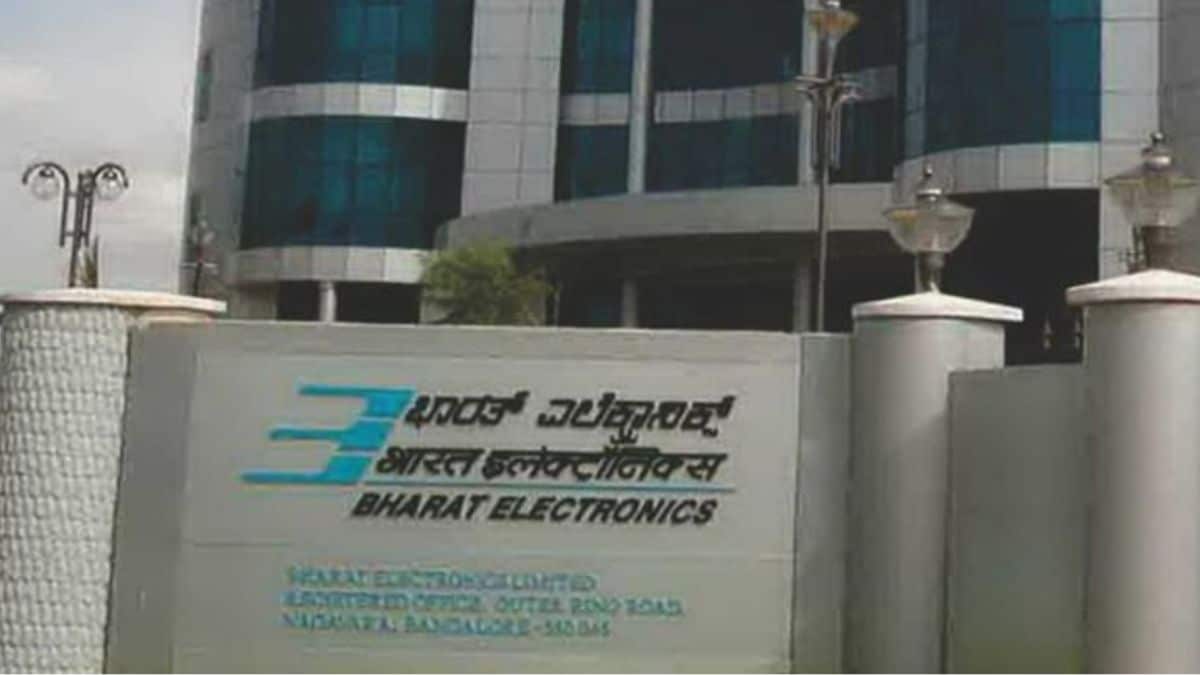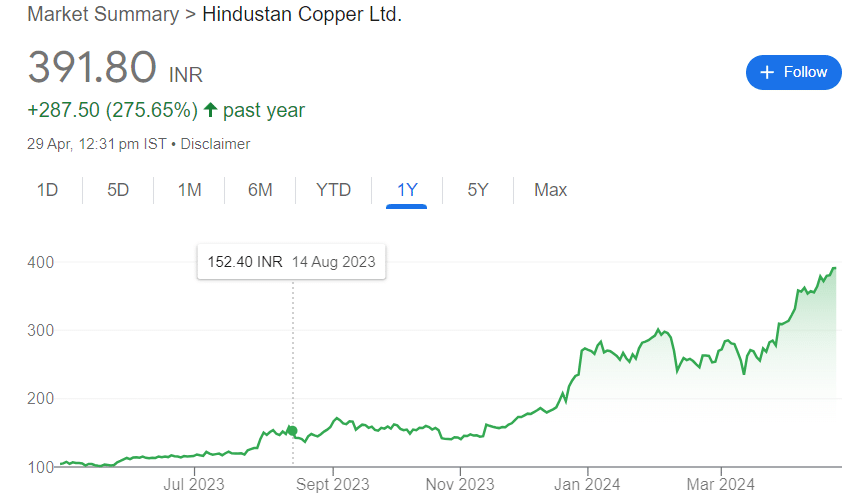PSU Share Price: Exploring the soaring share prices of PSUs with limited public float, raising concerns over valuation and market manipulation.
also read FPI Selloff: Why There Is a Massive Selloff Trend By Foreign Portfolio Investors In February?
Introduction: PSU Share Price
In a startling revelation, the shares of ten public sector undertakings (PSUs) with less than 14% public shareholding have surged anywhere between 76% to 4.5 times over the past year. This meteoric rise, reaching up to 35% for eight of these PSUs, has sparked concerns among analysts and investors alike.
The Issue at Hand:
The rapid escalation in the share prices of PSUs with minimal public float (shares available for trading in the market) has raised eyebrows, prompting a search for rational valuation and potential market manipulation. Analysts warn that the scarcity of public shares could facilitate price manipulation, as traders with access to a majority of shares may easily influence prices through buying and selling activities.
Analysis and Insights:
Renowned economist Chokalingam emphasizes the importance of scrutinizing earnings growth and price-to-earnings (P/E) ratios to gauge the fundamental basis of such price hikes. He suggests that a focus on traditional earnings growth is more prudent for accurate valuation.
In the current bullish market scenario, attention must be paid to the P/E-to-growth (PEG) ratio, indicating whether profit realization is warranted in small-cap and mid-cap shares, including PSUs. The PEG ratio, concerning a company’s earnings growth, is indicative of its valuation.
Challenges for Investors:
Dividing the P/E by the forward earnings estimates for the next 12 months calculates the PEG ratio. However, with a limited number of shares available for trading among most public enterprises, analysts lack robust coverage, making it challenging for investors to rely on precise earnings growth forecasts.
Market participants caution that such surges in share prices typically stem from speculative sentiments. Chokalingam warns that if savvy investors start exiting due to overvaluation concerns, there may be no takers for these high-priced shares.
How many PSU are listed in India?
Each PSU sets its own recruitment regulations, and securing employment in PSUs is highly coveted in India due to its job security, with many favoring candidates with a GATE score. In 1951, the government owned five PSUs, but by March 2021, this number had surged to 365.
What is the full form of PSU share?
Public Sector Undertakings (PSUs), also known as government-owned corporations, operate across diverse sectors of the economy.
Who is owner of PSUs?
PSUs, or Public Sector Undertakings, are corporations in India where the government of India owns 51% or more of the paid-up share capital.
Conclusion: PSU Share Price
The unprecedented surge in PSU share prices underscores the need for caution and thorough analysis. With concerns over valuation and potential manipulation looming large, investors must tread carefully, considering the scarcity of public shares and the accuracy of earnings growth predictions. As the market navigates these uncertain waters, prudence remains paramount to safeguard investor interests.
also read कम सार्वजनिक शेयरों वाले PSU की तेजी पर फिक्र










